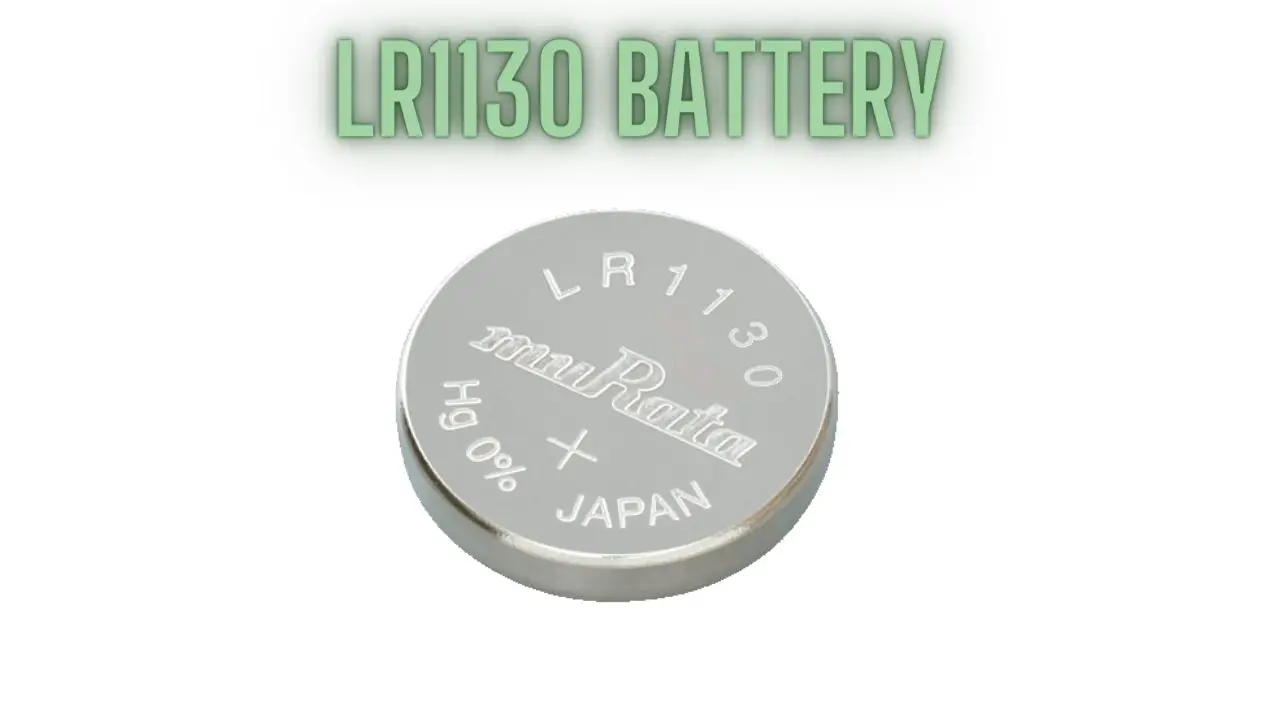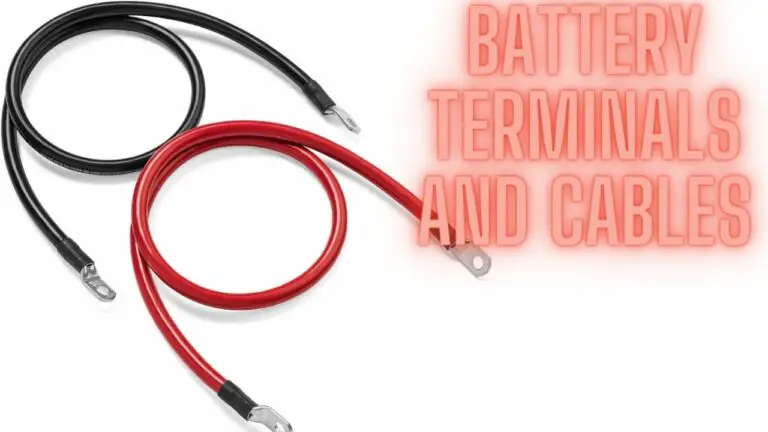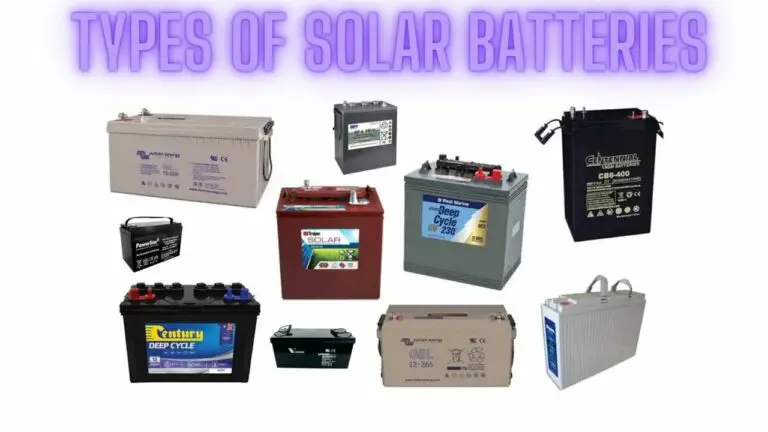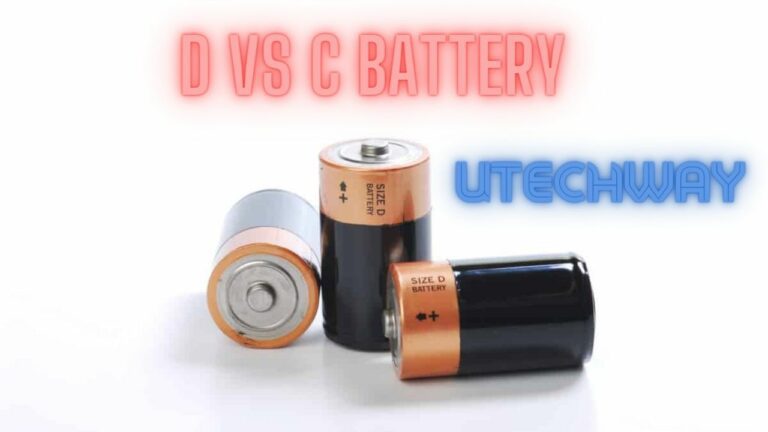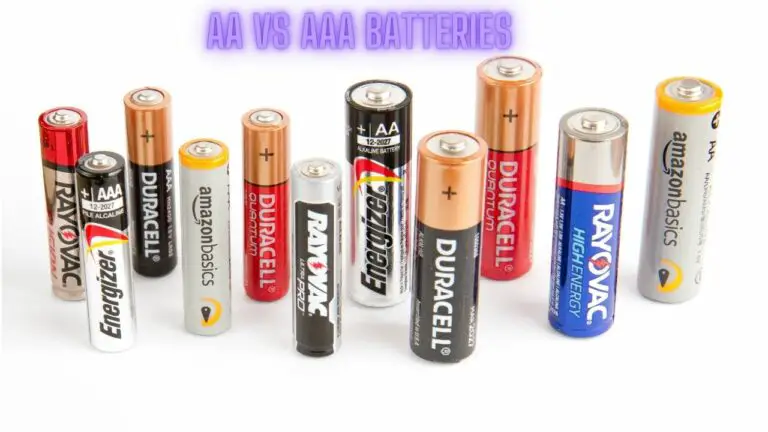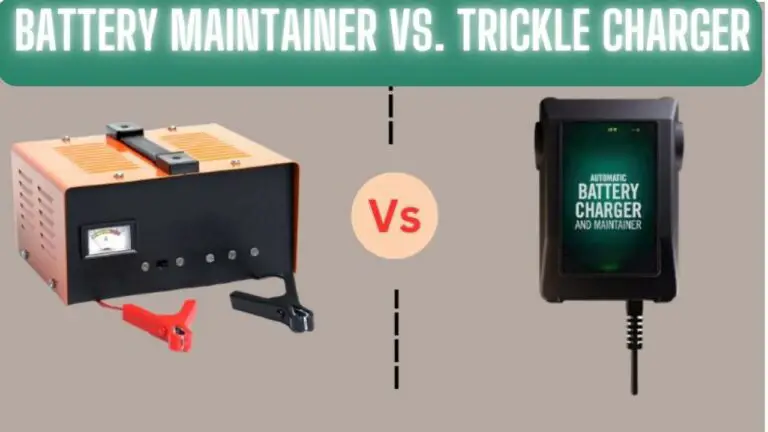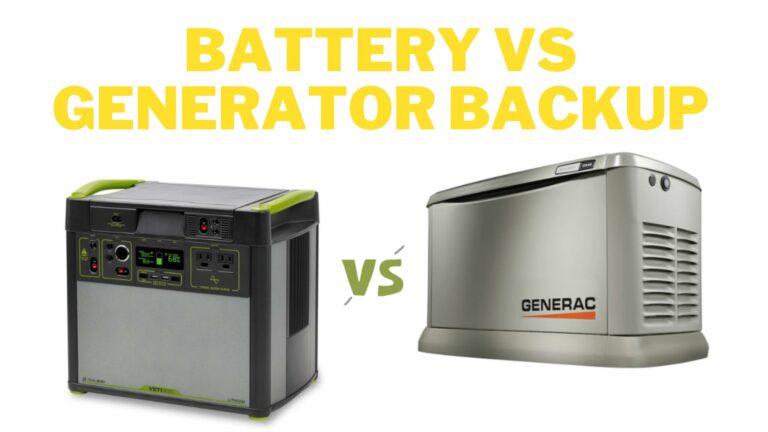Exploring the LR1130 Battery: Powering Small Devices with Efficiency
Introduction
LR1130 batteries are small, button-cell batteries commonly used in a wide range of electronic devices. These batteries are part of the LR (alkaline) battery series and are known for their compact size, cylindrical shape, and reliable performance. In this introduction, we’ll explore the essential aspects of LR1130 batteries, including their specifications, common uses, and importance in powering various electronic devices.
LR1130 Battery Specifications
LR1130 batteries, also known as AG10 or 389A batteries, have specific characteristics and specifications that define their performance and compatibility with various electronic devices. Here are the key specifications of LR1130 batteries:
- Nominal Voltage: LR1130 batteries have a nominal voltage of 1.5 volts. This voltage rating is standard for alkaline button-cell batteries and is sufficient to power most small electronic devices.
- Chemistry: LR1130 batteries are alkaline batteries, which use an alkaline electrolyte (potassium hydroxide) and manganese dioxide as the cathode material. This chemistry provides a stable voltage output and relatively long shelf life.
- Capacity: The capacity of LR1130 batteries typically ranges from 44 to 50 milliampere-hours (mAh). This capacity represents the amount of energy the battery can store and deliver before needing to be replaced.
- Dimensions: LR1130 batteries have a cylindrical shape with a diameter of approximately 11.6 millimeters (mm) and a height of around 3.0 mm. These compact dimensions make them suitable for use in small electronic devices with limited space for battery compartments.
- Compatibility: LR1130 batteries are compatible with a wide range of electronic devices, including watches, calculators, remote controls, toys, medical devices, and key fobs. They are commonly used in devices that require low to moderate power consumption.
- Shelf Life: LR1130 batteries typically have a shelf life of several years when stored properly in a dry, cool environment. Proper storage helps maintain battery performance and prevents self-discharge.
- Packaging: LR1130 batteries are often sold in blister packs containing multiple batteries or on reels for automated assembly in manufacturing processes. The packaging typically includes labeling with the battery type (LR1130/AG10), voltage rating, and other relevant information.
Understanding these specifications is essential for selecting the appropriate LR1130 batteries for your electronic devices and ensuring reliable performance. When purchasing LR1130 batteries, be sure to check the voltage, capacity, and compatibility with your device to ensure proper functionality. Additionally, adhere to proper handling and storage practices to maximize battery life and performance.
Compatible Devices and Applications for LR1130 Batteries
LR1130 batteries, with their compact size and reliable power output, are used in a wide range of electronic devices that require small, button-cell batteries. Here are some examples of compatible devices and applications:
- Watches:
- LR1130 batteries are commonly used in wristwatches, including analog and digital models. They power the timekeeping mechanism and any additional features such as backlighting or alarms.
- Calculators:
- Many handheld calculators rely on LR1130 batteries to provide power for numerical calculations and other functions. LR1130 batteries offer long-lasting performance in these low-power consumption devices.
- Remote Controls:
- LR1130 batteries are used in remote controls for various electronic devices such as TVs, DVD players, and home entertainment systems. They power the infrared or radio frequency transmitters responsible for sending commands to the controlled devices.
- Toys:
- Small electronic toys and gadgets often use LR1130 batteries to provide power for lights, sounds, and interactive features. These batteries are commonly found in electronic keychains, handheld games, and novelty toys.
- Medical Devices:
- LR1130 batteries are used in certain types of medical devices, such as glucose meters, thermometers, and pulse oximeters. They power the electronic components responsible for measuring and displaying vital signs or health parameters.
- Laser Pointers:
- Some laser pointers, particularly smaller models used for presentations or demonstrations, use LR1130 batteries to provide power for the laser diode. These batteries ensure consistent performance during presentations and lectures.
- LED Flashlights:
- LR1130 batteries are occasionally used in compact LED flashlights or keychain lights. While larger flashlights typically use larger batteries for increased runtime, LR1130 batteries provide sufficient power for emergency or occasional use.
- Key Fobs:
- Key fobs for vehicles, garage door openers, and electronic locks may use LR1130 batteries to power the remote locking and unlocking functions. These batteries ensure reliable operation and long-lasting performance for keyless entry systems.
These are just a few examples of the many devices and applications that rely on LR1130 batteries for power. Due to their versatility and compatibility, LR1130 batteries are essential components in various consumer electronics, medical devices, and other portable gadgets. When replacing batteries in your devices, be sure to check for compatibility and follow proper handling and disposal practices for used batteries.
Advantages and Limitations of LR1130 Batteries
LR1130 batteries offer several advantages for powering small electronic devices, but they also have certain limitations to consider. Understanding these factors can help users make informed decisions regarding battery selection and usage. Here are the advantages and limitations of LR1130 batteries:
Advantages:
- Compact Size: LR1130 batteries have a small and lightweight design, making them ideal for use in compact electronic devices with limited space for battery compartments.
- Wide Compatibility: LR1130 batteries are compatible with a wide range of electronic devices, including watches, calculators, remote controls, toys, and medical devices. They are commonly used in devices that require low to moderate power consumption.
- Reliable Power Output: LR1130 batteries provide a stable voltage output of 1.5 volts, ensuring consistent performance and reliable operation for electronic devices.
- Long Shelf Life: When stored properly in a dry, cool environment, LR1130 batteries have a shelf life of several years. This allows users to keep spare batteries on hand for future use without worrying about premature self-discharge.
- Ease of Replacement: LR1130 batteries are widely available and easy to replace when depleted. They are sold in blister packs containing multiple batteries or on reels for automated assembly in manufacturing processes.
Limitations:
- Limited Capacity: LR1130 batteries have a relatively low capacity compared to larger battery types, such as AA or AAA batteries. This may result in shorter runtime for devices with higher power consumption.
- Single Use: LR1130 batteries are typically single-use, disposable batteries and cannot be recharged. Once depleted, they need to be replaced with new batteries, resulting in ongoing costs for battery replacement.
- Environmental Impact: Like all alkaline batteries, LR1130 batteries contain chemicals and materials that can be harmful to the environment if not disposed of properly. Users should follow local regulations for recycling or disposing of used batteries.
- Voltage Drop: LR1130 batteries may experience a gradual voltage drop as they discharge, affecting the performance of devices that require a consistent voltage output. Users may notice a decrease in device performance as the battery voltage decreases.
- Not Suitable for High-Drain Devices: LR1130 batteries are best suited for low to moderate power consumption devices. They may not provide sufficient power for high-drain devices such as digital cameras or handheld gaming consoles.
By considering these advantages and limitations, users can determine whether LR1130 batteries are suitable for their specific devices and applications. Proper usage, handling, and disposal of LR1130 batteries are essential for maximizing performance and minimizing environmental impact.
How to Identify and Purchase LR1130 Batteries
Identifying and purchasing LR1130 batteries is essential for ensuring compatibility and reliable performance in electronic devices. Here’s a guide on how to identify and purchase LR1130 batteries:
1. Check the Labeling:
- Look for the LR1130 designation on the packaging or label of the batteries. LR1130 batteries may also be labeled as AG10, 389A, or LR54, depending on regional and manufacturer-specific conventions.
2. Verify the Voltage:
- LR1130 batteries have a nominal voltage of 1.5 volts. Ensure that the batteries you are purchasing match this voltage rating, as using batteries with different voltage ratings can damage devices or result in improper operation.
3. Determine the Quantity:
- LR1130 batteries are commonly sold in blister packs containing multiple batteries or on reels for automated assembly in manufacturing processes. Determine the quantity of batteries you need based on the number of devices you plan to power or the frequency of battery replacement.
4. Choose a Reliable Brand:
- Opt for LR1130 batteries from reputable brands known for their quality and reliability. Choosing batteries from trusted manufacturers can help ensure consistent performance and compatibility with your devices.
5. Consider Purchasing Options:
- LR1130 batteries are available for purchase from various sources, including electronics stores, department stores, online retailers, and specialty battery shops. Consider factors such as price, availability, and shipping options when choosing where to purchase the batteries.
6. Read Customer Reviews:
- Before making a purchase, read customer reviews and ratings of LR1130 batteries from other buyers. Pay attention to feedback regarding battery performance, longevity, and compatibility with specific devices to make an informed decision.
7. Check Expiration Dates:
- If possible, check the expiration dates or shelf life of LR1130 batteries before purchasing. Fresh batteries with a longer shelf life are more likely to provide reliable performance and longer runtime.
8. Verify Authenticity:
- Be cautious of counterfeit or imitation LR1130 batteries, especially when purchasing from online marketplaces or unauthorized sellers. Verify the authenticity of the batteries by checking for proper labeling, packaging, and branding from the manufacturer.
9. Purchase in Bulk for Savings:
- Consider purchasing LR1130 batteries in bulk or larger quantities to take advantage of cost savings and ensure you have an ample supply on hand for future use. Bulk purchasing is particularly beneficial for users with multiple devices requiring LR1130 batteries.
10. Store Properly Upon Receipt: – Once you receive the LR1130 batteries, store them properly in a cool, dry place away from direct sunlight and moisture. Proper storage helps maintain battery performance and prolong shelf life until they are ready for use.
By following these steps, you can confidently identify and purchase LR1130 batteries for your electronic devices, ensuring compatibility, reliability, and optimal performance. Remember to adhere to proper handling and storage practices to maximize battery life and minimize environmental impact.
Tips for Extending LR1130 Battery Life
Extending the life of LR1130 batteries can help save money, reduce waste, and ensure reliable performance in electronic devices. Here are some tips to maximize the lifespan of LR1130 batteries:
- Store Batteries Properly:
- Keep LR1130 batteries in a cool, dry place at room temperature. Avoid storing them in environments with high humidity or extreme temperatures, as this can shorten their lifespan.
- Remove Batteries When Not in Use:
- If you’re not using a device for an extended period, remove the LR1130 batteries to prevent them from slowly draining power. This is especially important for devices that are used infrequently.
- Avoid Heat Exposure:
- Exposure to high temperatures can accelerate the self-discharge rate of LR1130 batteries. Keep them away from direct sunlight, heaters, or other sources of heat to prolong their lifespan.
- Limit High-Drain Applications:
- LR1130 batteries are best suited for low to moderate power consumption devices. Avoid using them in high-drain applications such as digital cameras or handheld gaming consoles, as this can deplete the batteries quickly.
- Use Fresh Batteries:
- Always use fresh LR1130 batteries for optimal performance. Check the expiration date or shelf life before purchasing and avoid using batteries that have expired or been stored for a long time.
- Avoid Overloading Devices:
- Don’t overload electronic devices with unnecessary features or functions that drain battery power quickly. Minimize the use of power-hungry features to conserve battery life.
- Turn Off Devices When Not in Use:
- Turn off electronic devices when they’re not in use to conserve battery power. Even in standby mode, devices can continue to drain power from LR1130 batteries.
- Use High-Quality Batteries:
- Choose LR1130 batteries from reputable brands known for their quality and reliability. Higher-quality batteries often have better construction and longer-lasting performance.
- Keep Contacts Clean:
- Periodically check the battery contacts in devices and clean them with a dry cloth if they’re dirty or corroded. Dirty contacts can impede the flow of electricity and reduce battery efficiency.
- Recycle Used Batteries:
- When LR1130 batteries reach the end of their lifespan, recycle them properly according to local regulations. Many communities offer recycling programs for household batteries to reduce environmental impact.
By following these tips, you can extend the lifespan of LR1130 batteries and get the most out of your electronic devices. Proper storage, usage, and maintenance practices can help maximize battery performance and minimize the need for frequent replacements.
LR1130 Battery FAQs
- What is an LR1130 battery?
- An LR1130 battery is a small, button-cell battery commonly used in various electronic devices. It is part of the LR (alkaline) battery series and has a nominal voltage of 1.5 volts.
- What are LR1130 batteries used for?
- LR1130 batteries are used in a wide range of electronic devices, including watches, calculators, remote controls, toys, medical devices, laser pointers, LED flashlights, and key fobs.
- Are LR1130 batteries rechargeable?
- No, LR1130 batteries are typically single-use, disposable batteries and cannot be recharged. Once depleted, they need to be replaced with new batteries.
- How long do LR1130 batteries last?
- The lifespan of LR1130 batteries varies depending on factors such as usage, device type, and environmental conditions. They typically have a shelf life of several years when stored properly and can provide reliable power for several months to a few years in devices, depending on usage.
- Can LR1130 batteries be substituted with other types?
- LR1130 batteries are standardized with specific dimensions and voltage ratings. While other button-cell batteries may have similar dimensions, it’s essential to use LR1130 batteries to ensure proper voltage and compatibility with devices.
- Where can I buy LR1130 batteries?
- LR1130 batteries are available for purchase from various sources, including electronics stores, department stores, online retailers, and specialty battery shops.
- How can I dispose of used LR1130 batteries?
- Used LR1130 batteries should be disposed of properly according to local regulations. Many communities offer recycling programs for household batteries to reduce environmental impact. Be sure to check with local authorities for proper disposal methods.
- Can LR1130 batteries be stored for long periods?
- Yes, LR1130 batteries can be stored for extended periods if kept in a cool, dry place away from direct sunlight and moisture. Proper storage helps maintain battery performance and prolong shelf life.
- Do LR1130 batteries have an expiration date?
- LR1130 batteries typically have a printed expiration date or shelf life indicated on the packaging. It’s essential to check this date before purchasing to ensure you’re getting fresh batteries with a longer shelf life.
- Are LR1130 batteries safe to use?
- LR1130 batteries are generally safe to use when handled properly. However, it’s essential to follow safety precautions and avoid mishandling or misuse to prevent accidents or damage to devices.
Conclusion
In conclusion, LR1130 batteries are versatile power sources commonly used in a wide range of electronic devices. With their compact size, reliable performance, and compatibility with various applications, LR1130 batteries play a crucial role in powering everyday devices such as watches, calculators, remote controls, toys, and medical equipment.
Throughout this guide, we have explored the specifications, advantages, limitations, and real-life examples of LR1130 battery usage. We’ve discussed how to identify and purchase LR1130 batteries, as well as tips for extending their lifespan and maximizing their performance.
LR1130 batteries offer reliable power output, long shelf life, and compatibility with numerous electronic devices, making them essential components in modern technology. By following proper handling, storage, and usage practices, users can ensure optimal performance and longevity of LR1130 batteries, while also minimizing environmental impact through responsible disposal and recycling.
Whether you’re a consumer using LR1130-powered devices or a manufacturer integrating LR1130 batteries into your products, understanding the importance and characteristics of LR1130 batteries is essential for efficient operation and maintenance. With proper care and consideration, LR1130 batteries continue to provide reliable power for a wide range of electronic devices, contributing to seamless functionality and convenience in everyday life.

